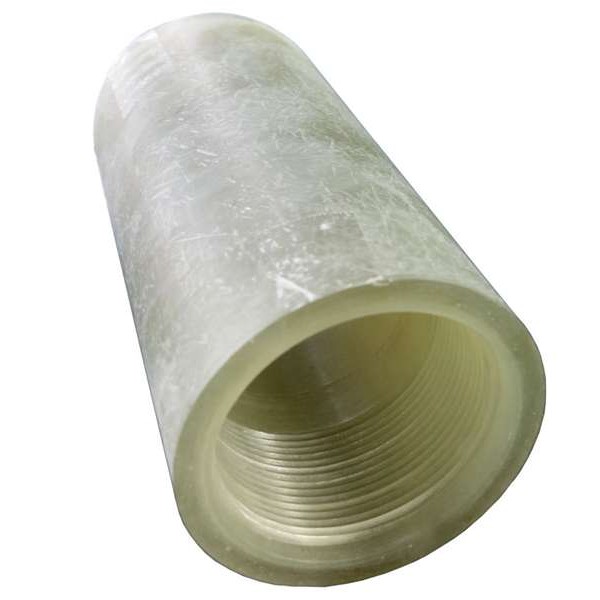
-
 Afrikaans
Afrikaans -
 Albanian
Albanian -
 Amharic
Amharic -
 Arabic
Arabic -
 Armenian
Armenian -
 Azerbaijani
Azerbaijani -
 Basque
Basque -
 Belarusian
Belarusian -
 Bengali
Bengali -
 Bosnian
Bosnian -
 Bulgarian
Bulgarian -
 Catalan
Catalan -
 Cebuano
Cebuano -
 China
China -
 China (Taiwan)
China (Taiwan) -
 Corsican
Corsican -
 Croatian
Croatian -
 Czech
Czech -
 Danish
Danish -
 Dutch
Dutch -
 English
English -
 Esperanto
Esperanto -
 Estonian
Estonian -
 Finnish
Finnish -
 French
French -
 Frisian
Frisian -
 Galician
Galician -
 Georgian
Georgian -
 German
German -
 Greek
Greek -
 Gujarati
Gujarati -
 Haitian Creole
Haitian Creole -
 hausa
hausa -
 hawaiian
hawaiian -
 Hebrew
Hebrew -
 Hindi
Hindi -
 Miao
Miao -
 Hungarian
Hungarian -
 Icelandic
Icelandic -
 igbo
igbo -
 Indonesian
Indonesian -
 irish
irish -
 Italian
Italian -
 Japanese
Japanese -
 Javanese
Javanese -
 Kannada
Kannada -
 kazakh
kazakh -
 Khmer
Khmer -
 Rwandese
Rwandese -
 Korean
Korean -
 Kurdish
Kurdish -
 Kyrgyz
Kyrgyz -
 Lao
Lao -
 Latin
Latin -
 Latvian
Latvian -
 Lithuanian
Lithuanian -
 Luxembourgish
Luxembourgish -
 Macedonian
Macedonian -
 Malgashi
Malgashi -
 Malay
Malay -
 Malayalam
Malayalam -
 Maltese
Maltese -
 Maori
Maori -
 Marathi
Marathi -
 Mongolian
Mongolian -
 Myanmar
Myanmar -
 Nepali
Nepali -
 Norwegian
Norwegian -
 Norwegian
Norwegian -
 Occitan
Occitan -
 Pashto
Pashto -
 Persian
Persian -
 Polish
Polish -
 Portuguese
Portuguese -
 Punjabi
Punjabi -
 Romanian
Romanian -
 Russian
Russian -
 Samoan
Samoan -
 Scottish Gaelic
Scottish Gaelic -
 Serbian
Serbian -
 Sesotho
Sesotho -
 Shona
Shona -
 Sindhi
Sindhi -
 Sinhala
Sinhala -
 Slovak
Slovak -
 Slovenian
Slovenian -
 Somali
Somali -
 Spanish
Spanish -
 Sundanese
Sundanese -
 Swahili
Swahili -
 Swedish
Swedish -
 Tagalog
Tagalog -
 Tajik
Tajik -
 Tamil
Tamil -
 Tatar
Tatar -
 Telugu
Telugu -
 Thai
Thai -
 Turkish
Turkish -
 Turkmen
Turkmen -
 Ukrainian
Ukrainian -
 Urdu
Urdu -
 Uighur
Uighur -
 Uzbek
Uzbek -
 Vietnamese
Vietnamese -
 Welsh
Welsh -
 Bantu
Bantu -
 Yiddish
Yiddish -
 Yoruba
Yoruba -
 Zulu
Zulu
Custom Fiberglass Fittings Tailored for Your Unique Needs and Applications
Exploring the World of Fiberglass Customized Fittings
In the realm of industrial applications, the significance of material selection cannot be overstated. One of the most versatile materials available today is fiberglass, predominantly known for its lightweight, durability, and resistance to various environmental factors. Among its many applications, fiberglass customized fittings have emerged as vital components in numerous sectors, including manufacturing, construction, and infrastructure.
Fiberglass, or glass-reinforced plastic (GRP), is made by combining glass fibers with a resin matrix. This combination yields a material that not only exhibits exceptional strength but also provides excellent corrosion resistance, making it ideal for environments that would typically degrade metals or plastic. Customized fittings, specifically, are tailored solutions designed to meet the unique requirements of various applications.
One of the primary advantages of fiberglass customized fittings is their ability to withstand harsh conditions, such as extreme temperatures, humidity, and exposure to chemicals. In industries dealing with corrosive substances—like wastewater treatment, chemical processing, and oil and gas—fiberglass fittings can significantly reduce maintenance costs and downtime. Unlike traditional materials, which may require frequent replacements due to rust or degradation, fiberglass offers a long-lasting solution that enhances operational efficiency and safety.
Customization is another critical benefit that fiberglass fittings offer. Manufacturers can create fittings in a wide variety of shapes and sizes to suit specific project needs. From elbows and tees to flanges and reducers, fiberglass fittings can be designed to integrate seamlessly with existing systems. This flexibility is especially crucial for businesses looking to optimize their operations without compromising on quality or performance.
fiberglass customized fittings

The manufacturing process for fiberglass fittings typically involves advanced techniques, such as hand lay-up, spray-up, or computer numerical control (CNC) machining. Each method offers distinct advantages, allowing manufacturers to produce fittings with precise dimensions and characteristics. Furthermore, advancements in technology have made it possible to achieve consistent quality while reducing production times. As a result, businesses can obtain the fittings they need more swiftly, providing a competitive edge in a fast-paced market.
Sustainability is an increasingly important factor in material selection. Fiberglass fittings, due to their longevity and durability, align with eco-friendly practices by mitigating resource wastage associated with frequent replacements. Additionally, some manufacturers offer recycled fiberglass products, contributing to a circular economy. This commitment to sustainability resonates with a growing number of businesses aiming to reduce their carbon footprints and comply with environmental regulations.
The versatility of fiberglass customized fittings extends beyond industrial applications; they can also enhance architectural designs. Their aesthetic and functional properties make fiberglass an appealing choice for building infrastructure, including decorative elements and structural support. Architects and engineers increasingly incorporate these fittings into their designs, where both form and function are essential.
In the contemporary market, the demand for fiberglass customized fittings continues to rise, driven by industries recognizing the need for reliability, efficiency, and sustainability. As businesses face growing challenges from competition and ever-evolving technologies, the importance of selecting the right materials becomes even more crucial.
In conclusion, fiberglass customized fittings offer a remarkable alternative to traditional materials across various industries. With their unmatched strength, corrosion resistance, and customization possibilities, fiberglass fittings are shaping the future of many applications. As the industry continues to innovate and evolve, the role of fiberglass in contributing to sustainable and efficient operations is set to grow, making it an indispensable resource for businesses worldwide. Understanding these benefits allows decision-makers to make informed choices that not only meet their immediate needs but also position them for success in the long term.









